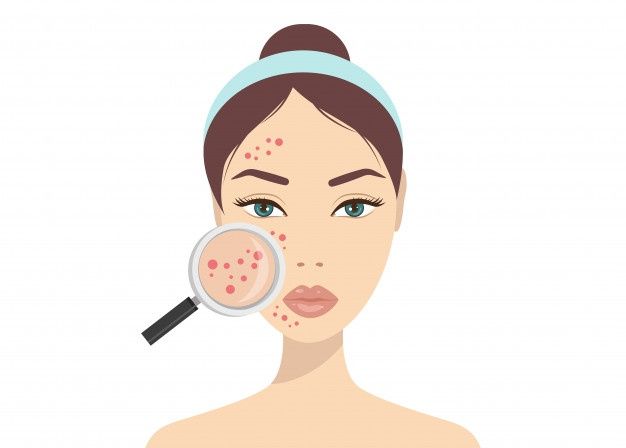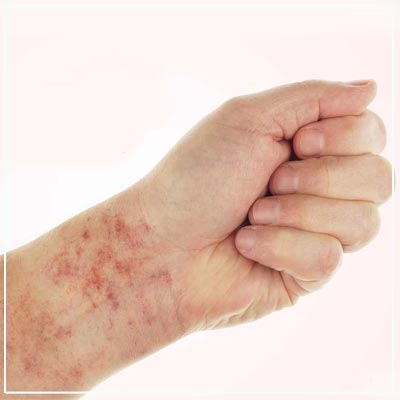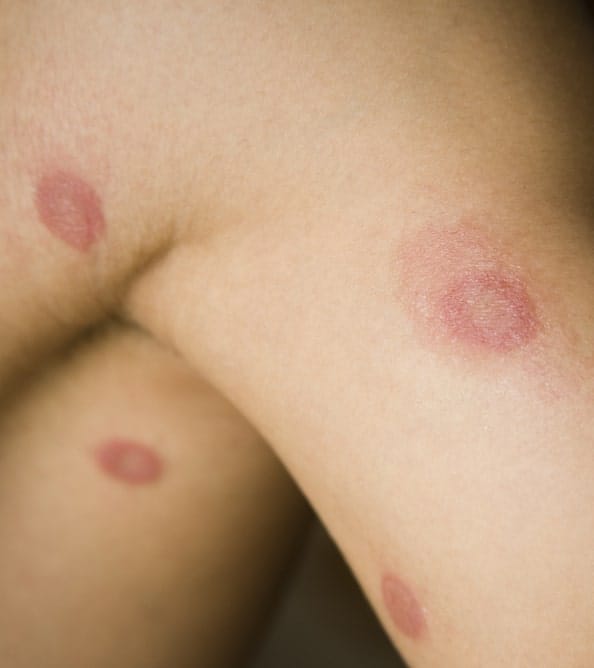Yes, dermatologists can certainly help with conditions like hyperpigmentation and melasma. These are common skin concerns characterized by the darkening of certain areas of the skin. Here’s how a dermatologist may assist in managing these conditions:
- Diagnosis and Assessment: Dermatologists can accurately diagnose the cause of hyperpigmentation, whether it’s related to sun exposure, post-inflammatory hyperpigmentation, melasma, or other factors. They will assess the severity and extent of the condition.
- Treatment Plans: Once the cause and type of hyperpigmentation or melasma are identified, dermatologists can create a personalized treatment plan. This may include topical treatments such as prescription-strength creams containing ingredients like hydroquinone, retinoids, or azelaic acid.
- Chemical Peels: Dermatologists may recommend chemical peels to exfoliate the outer layer of the skin, helping to reduce pigmentation and promote the growth of new, evenly pigmented skin.
- Laser Therapy: Laser treatments, such as laser resurfacing or intense pulsed light (IPL) therapy, can target areas of hyperpigmentation and break down excess melanin, leading to a more even skin tone.
- Micro needling: Micro needling involves the use of tiny needles to create micro-injuries in the skin, promoting collagen production and aiding in the reduction of hyperpigmentation.
- Prescription Medications: Dermatologists may prescribe medications that can help regulate pigment production and improve skin tone.
- Sun Protection Advice: Since sun exposure can exacerbate hyperpigmentation and melasma, dermatologists often emphasize the importance of sun protection. This includes using sunscreen with a high SPF, wearing protective clothing, and avoiding prolonged sun exposure.
- Home Care Recommendations: Dermatologists may provide guidance on skincare routines and recommend over-the-counter or prescription products for home use to complement in-office treatments.
It’s important to note that the effectiveness of treatments can vary based on the individual, the cause of hyperpigmentation, and other factors. Additionally, consistency in following the dermatologist’s recommendations and avoiding potential triggers (like excessive sun exposure) is crucial for successful management of these conditions. If you’re experiencing hyperpigmentation or melasma, it’s advisable to consult with a dermatologist for a thorough evaluation and tailored treatment plan.
If you’re in search of exceptional skin care in Mumbai, look no further than Dr. Deepam. As a renowned and trusted skin specialist in Mumbai, Dr. Deepam combines expertise with a personalized approach to address a wide range of dermatological concerns.




